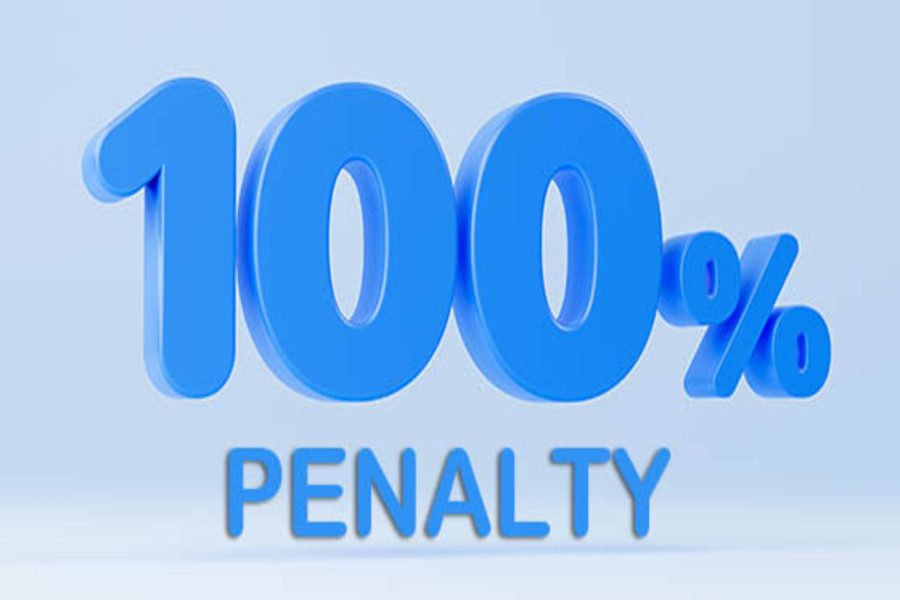Some tax sins are much worse than others. An example is failing to pay over federal income and employment taxes that have been withheld from employees’ paychecks. In this situation, the IRS can assess the trust fund recovery penalty, also called the 100% penalty, against any responsible person. It’s called the 100% penalty because the entire unpaid federal income and payroll tax amounts can be assessed personally as a penalty against a responsible person, or several responsible persons. Determining responsible person status Since the 100% penalty can only be assessed against a so-called responsible person, who does that include? It could be a shareholder, director, officer or employee of a corporation; a partner or employee of a partnership; or a member (owner) or employee of an LLC. To...




